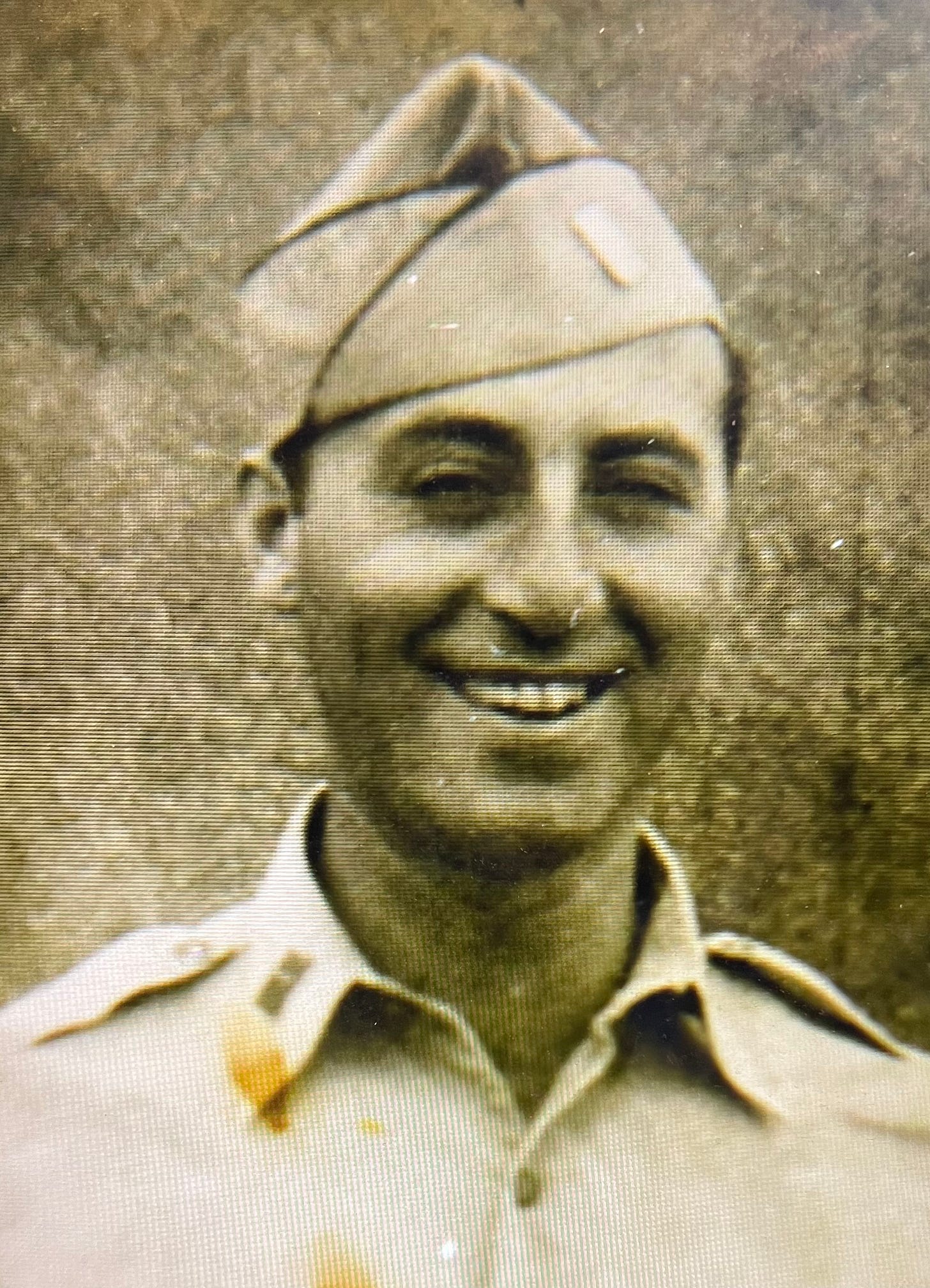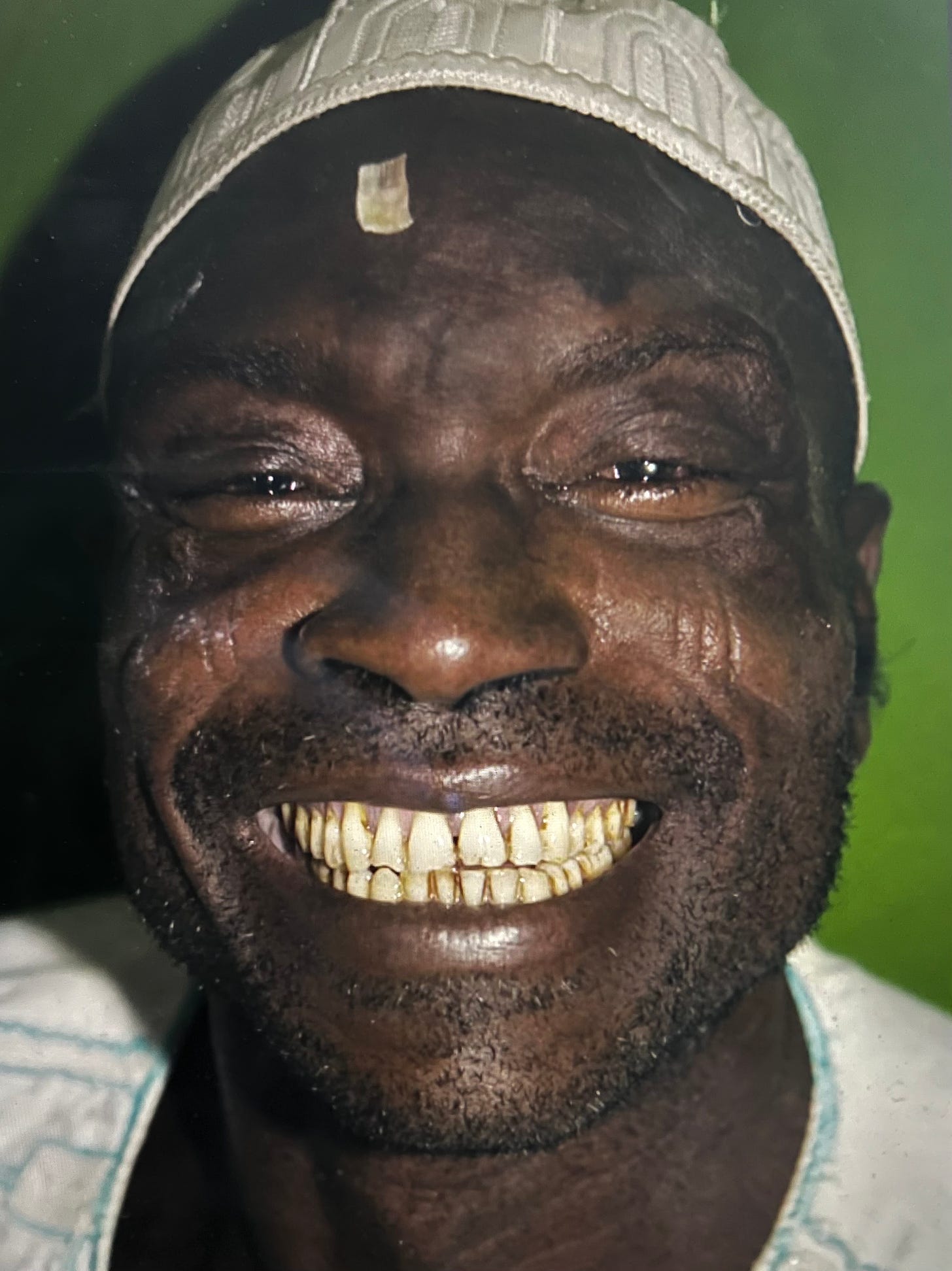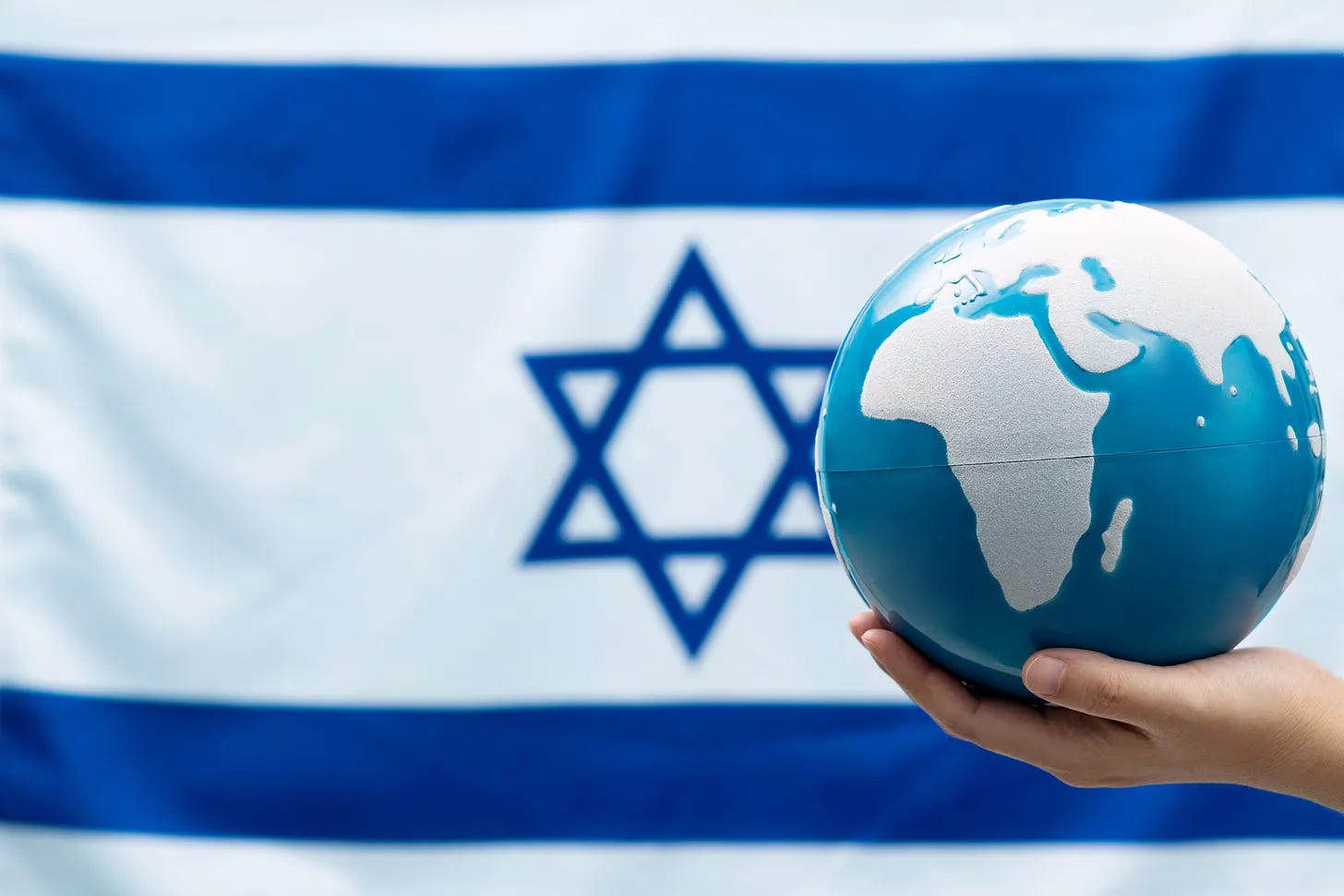Giving and Gaining
“People who had been blind for years, the very next day after surgery, could see perfectly. Many of the patients would now be able to see their own children and grandchildren for the very first time.”
By Michael S. Lewis, M.D.
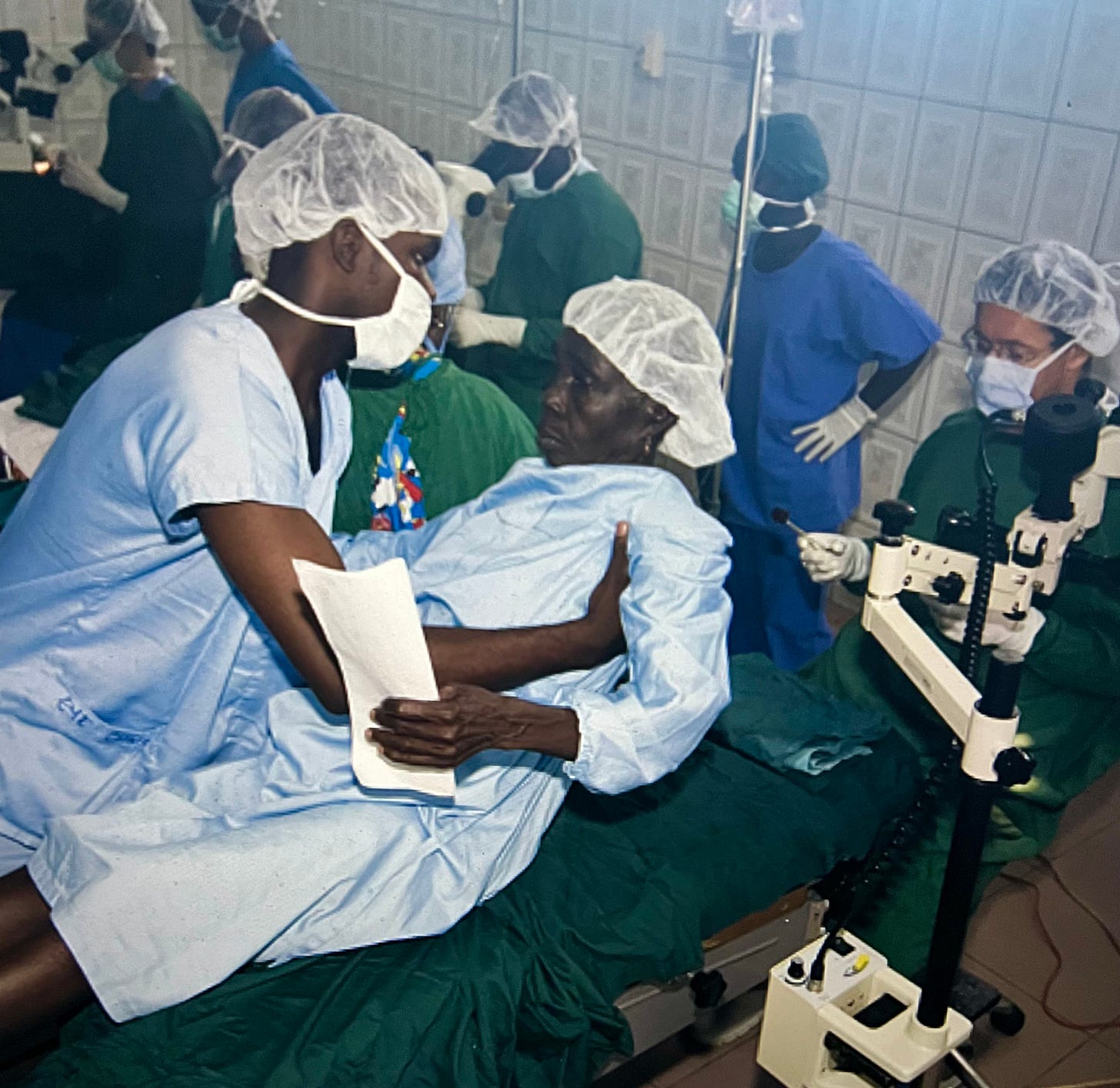
Last year, I embarked upon a book project where I asked 101 teachers, mentors, and friends the following question: “If you could pass on one life lesson to the next generation, what would it be?”
A major theme touched on by many of the voices in the book is the important of “Tikkun Olam”: Repairing the world and serving others through acts of “chesid” – loving-kindness and “tzedakah” – charity. To demonstrate how thoroughly those words have become part of the common parlance, there is the famous story of the American who travelled to Israel and upon arrival asked, “How do you say Tikkun Olam in Hebrew?”
As we get ready to jump into a new year in a world that seems more complicated than ever, I’d like to share the inspired stories of two of the book’s contributors. Each, in their own fashion, lived their lives with an eye on making the world a better place.
The late Major General William P. Levine was drafted as a private into the U. S. Army in 1942. His unit participated in the Normandy “D-Day” invasion. Subsequently, he was one of the first soldiers to enter the Dachau concentration camp in Southern Germany. After the war, he assisted with the provision of food and clothing and the eventual resettlement of more than five thousand Holocaust survivors.
His widow, Rhoda Levine, recently told me that when Will Levine entered Dachau in 1945, conditions were so terrible that for more than 40 years he refused to speak about them – even to his family. Eventually he became convinced that educating people was the most effective way to prevent another Holocaust. The first time he spoke about his experiences publicly, he cried uncontrollably.
In 1985, General Levine spoke at Yad Vashem, the Holocaust Memorial Center that sits in Jerusalem. A man approached him and asked, “Do you remember me? When you were at Dachau, you lifted me up and carried me out of the camp in your arms. You saved my life.”
After his military service, while in his 80s and 90s, Will Levine volunteered his time in the Chicago area by supervising the construction of two synagogues and a Jewish day school. He was the first to arrive in the morning and the last to leave at night, and he knew the names of each worker on the projects. It was not uncommon to find the general, in his 80s, on the roofs of the buildings checking things out. After experiencing the horrors of the Holocaust, Will Levine knew that nothing would feel more meaningful to him than doing what he still could as an individual to help repair the world.
Our second story is about a medical colleague who changed my life – by showing me exactly how we could change others.’ Geoffrey Tabin, a Professor of Ophthalmology at Stanford, became devoted to Tikkun Olam 30 years ago when he founded the Himalayan Cataract Project to cure preventable blindness in underserved parts of the world. He has personally operated on more than 100,000 patients with cataracts. Imagine – a large football stadium filled with patients whose sight has been restored by Geoff!
But Geoff did more than just operate himself; he taught local doctors in underserved areas how to perform the sight-restoring surgery. As a result, the organization has been responsible for performing more than 1,000,000 cataract surgeries — at no cost to the patients.
My wife and I travelled to Ghana to observe Geoff and his team performing hundreds of surgeries in a single week. People who had been blind for years, the very next day after surgery, could see perfectly. Imagine! Many of the patients would now be able to see their own children and grandchildren for the very first time. The profits from the sale of each of my books are donated to the Himalayan Cataract Project.
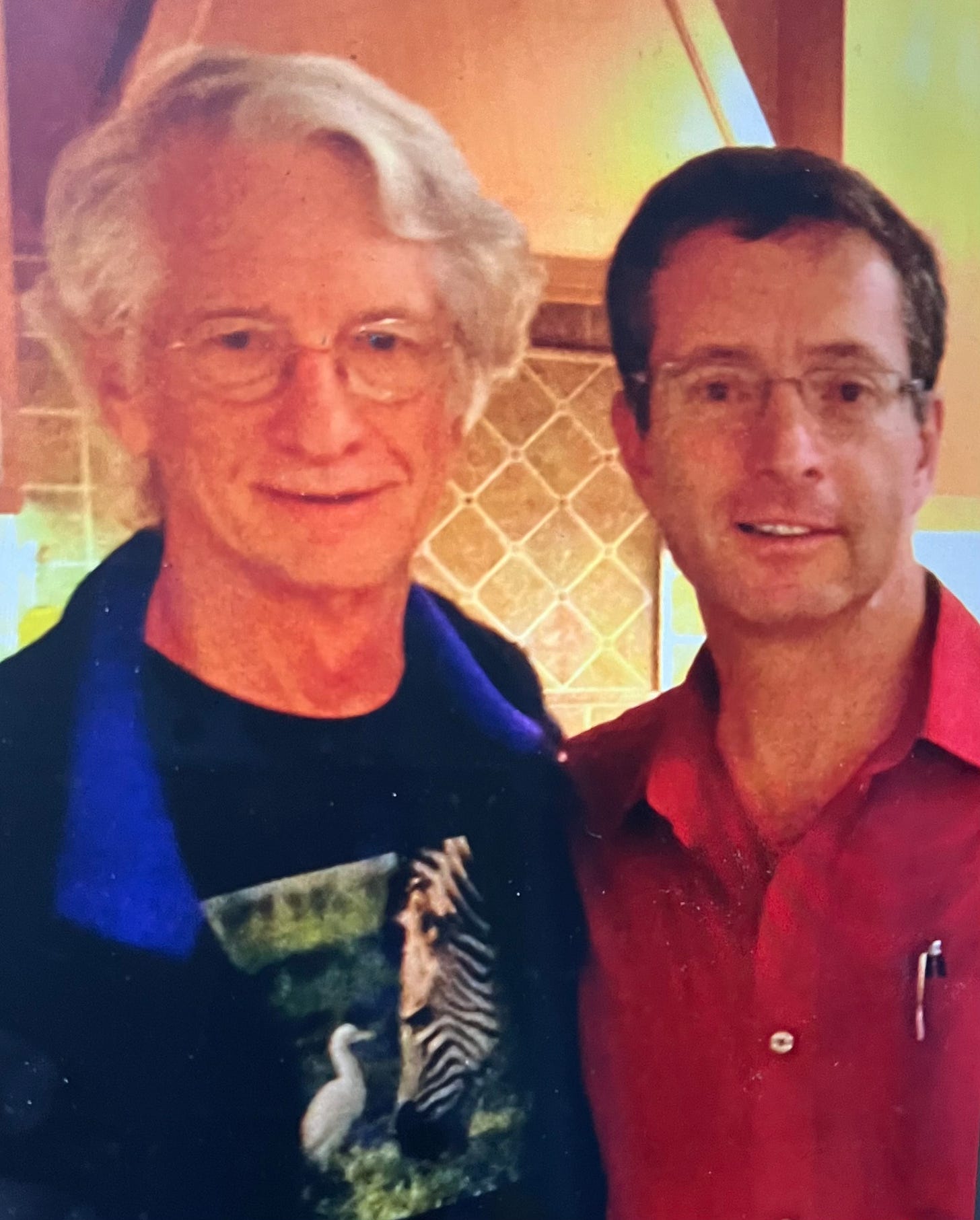
It’s important to remember that each of us can help to heal the world in our own unique way. For many years, when I compared myself to Geoff Tabin, I felt inadequate. I knew I could never affect the lives of so many people. Then I realized that my job wasn’t to be a poor imitation of Geoff Tabin, but to be the best Michael Lewis I could be.
Elie Wiesel once famously stated, “The greatest crime is to do nothing because we feel we can only do a little. The opposite of love is not hate — it is indifference. Every mitzvah helps to repair the world.”
MICHAEL S. LEWIS, M.D. is a former Orthopedic Consultant to the Chicago White Sox and the Chicago Bulls, and the author of seven books. His latest: Getting Wiser: 101 Essential Life Lessons and Inspiring Stories.
Free subscriptions to JEWDICIOUS are available until the end of 2023!
From decoding politics to the cutting edge of wellness to the human angle on sports to parenting and personal relationships — plus our unsparing take on what’s happening in the Jewish world — the canvas at JEWDICIOUS is limitless. Our 18 scribes share one overarching goal: To present you with new ideas and slices of life that will hit your head or touch your heart!




